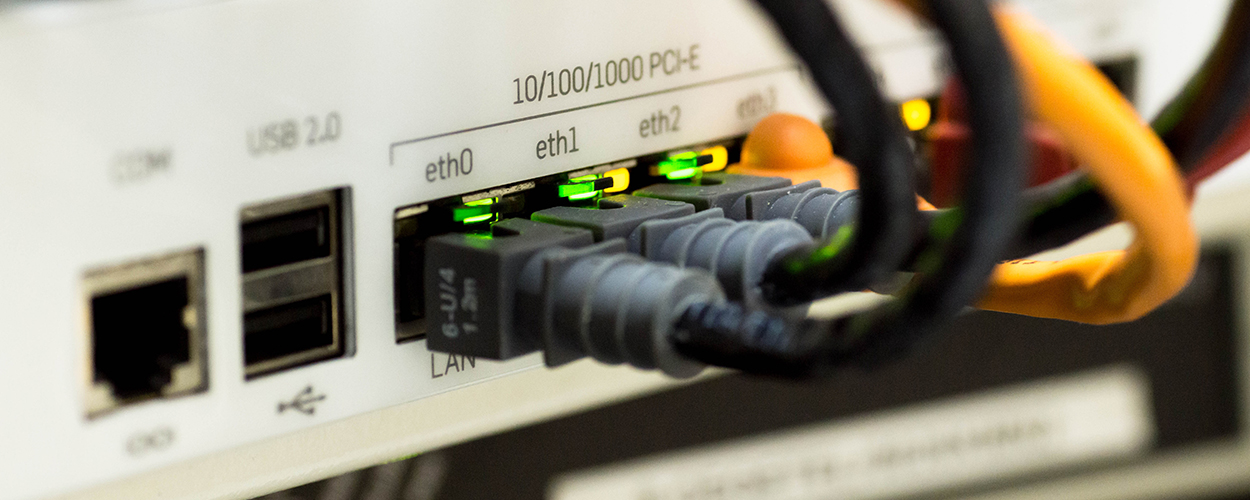This website uses cookies so that we can provide you with the best user experience possible. Cookie information is stored in your browser and performs functions such as recognising you when you return to our website and helping our team to understand which sections of the website you find most interesting and useful.
Business News Digital Labels & Publishers Legal Top Stories
Another VPN agrees to instigate anti-piracy web-blocks in the US
By Chris Cooke | Published on Tuesday 18 January 2022

On the tenth anniversary of the Wikipedia blackout as part of a protest against proposed web-blocking laws in the US, it’s emerged that another VPN provider has voluntarily agreed to instigate some web-blocks within America against a number of piracy sites, including the good old Pirate Bay.
That voluntary agreement is part of a legal settlement between VPN Unlimited and the consortium of independent film producers that have been busy suing internet companies of various kinds for copyright infringement over the last year.
In many ways those film companies – many of which are affiliates of Millennium Media – have been following the lead of the music industry in claiming that various US internet service providers have not done enough to deal with known repeat infringers on their networks. As a result, it is argued, those ISPs should not benefit from the copyright safe harbour, meaning they can be held liable for their customers’ infringement.
However, there are some differences between the lawsuits filed by the film producers and those instigated by the record companies. Firstly, many of the former’s lawsuits not only seek damages, but also ask the courts to force the targeted net firms to block their customers from accessing certain piracy websites. And second, the film producers have been targeting VPNs and hosting companies as well as ISPs.
Web-blocking has become a routine anti-piracy tactic in many countries, including the UK, with both music and movie companies frequently securing injunctions in court that order ISPs to block their customers from accessing piracy sites. Although the ISPs usually grumble – and sometimes shout loudly – when web-blocking first begins in any one country, in the main they then fall in line and just get on with complying with the web-block orders.
Web-blocking on copyright grounds has always been particularly controversial in the US, though. That dates back to 2011 when specific new web-blocking laws were proposed in Congress via two pieces of legislation known as the Stop Online Piracy Act (SOPA) and the Protect IP Act (PIPA).
There was a significant backlash to those proposals from the tech sector, with Wikipedia basically blocking access to its English language service for 24 hours starting on 18 Jan 2012 in protest. The proposals were promptly dropped as a result.
But, as noted, in various other countries web-blocking has become routine as the music and movie industries continue to battle online piracy.
One problem with web-blocking, though, is that people can circumvent the blockades put in place by ISPs in a number of ways. That includes by using a virtual private network – or VPN – to browse the internet. Which means it was inevitable that VPNs as well as ISPs would ultimately be targeted by copyright owners regarding copyright infringement and web-blocks.
This consortium of film producers has sued various VPNs over the last year, including VPN Unlimited. In that lawsuit VPN Unlimited’s operator was accused of facilitating copyright infringement by allowing it users to access piracy sites – and even of encouraging the use of its VPN to access such sites within its help section.
That lawsuit has now been settled and – although the terms of the settlement are confidential – we do know that it includes a commitment by VPN Unlimited to do some web-blocking.
A filing with the US courts last week states: “Pursuant to the confidential settlement agreement, plaintiffs have requested and defendant [VPN Unlimited] has agreed to use commercially reasonable efforts to block BitTorrent traffic and access to the following websites located outside of the United States – YTS, Pirate Bay, RarBg, 1337x and Popcorn Time – on its servers in the United States”.
It’s not the first company targeted by the film producers to agree to restrict its services as part of a settlement. Last October VPN.ht also committed to block BitTorrent traffic on its US servers, although it then said it simply planned to stop using US servers to comply with that commitment.
Hosting company Sharktech also agreed to instigate some web-blocks that would likely affect various VPNs that use its servers, though it wasn’t 100% clear how that would work.
Meanwhile, Torrentfreak reports that another notable VPN – Surfshark – has also reached a settlement with the movie producers, although it insists that there were no web-block commitments in its deal.
Either way, it’s interesting to see the the music and movie industries plough on with their battle against online piracy, targeting an ever widening variety of internet companies, and involving some web-blocking even in the US.
Of course, critics of web-blocking would probably argue that the fact that new web-blocks are now required to stop people circumventing the original web-blocks just goes to show that web-blocking is not an effective anti-piracy tactic. Which may or may not be true.
However, many of the same critics argued ten years ago that web-blocking on copyright grounds would negatively impact legit websites like Wikipedia and – in doing so – greatly hinder the internet experience. And, given how much web-blocking has since occurred in a variety of countries, without negatively impacting on any legit websites really, I think it’s fair to say that definitely wasn’t true.





